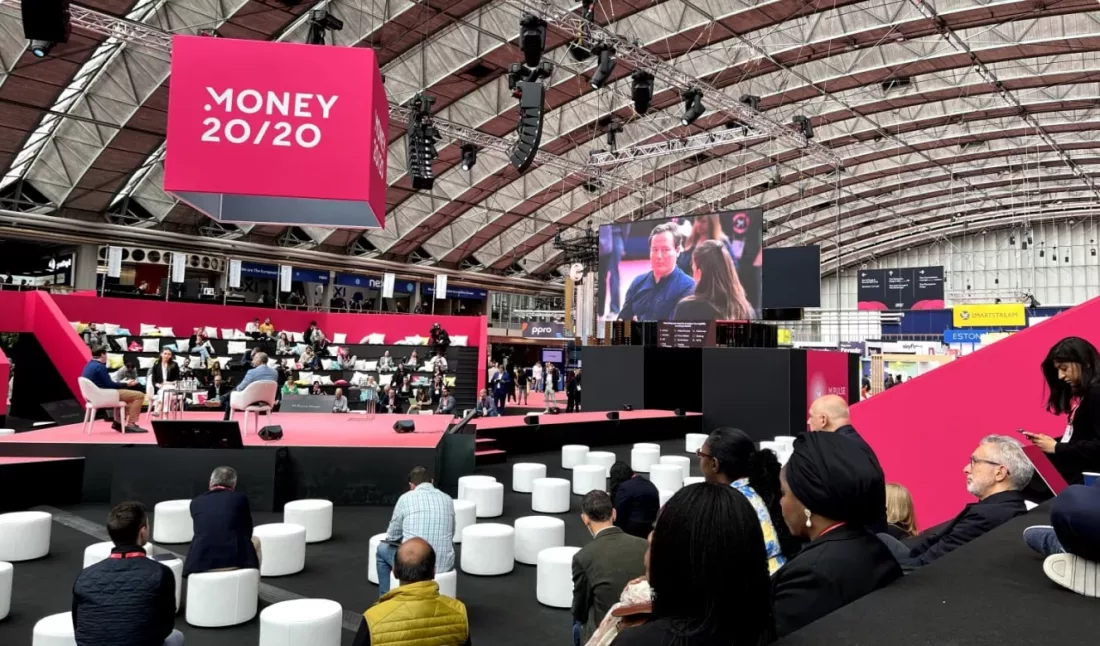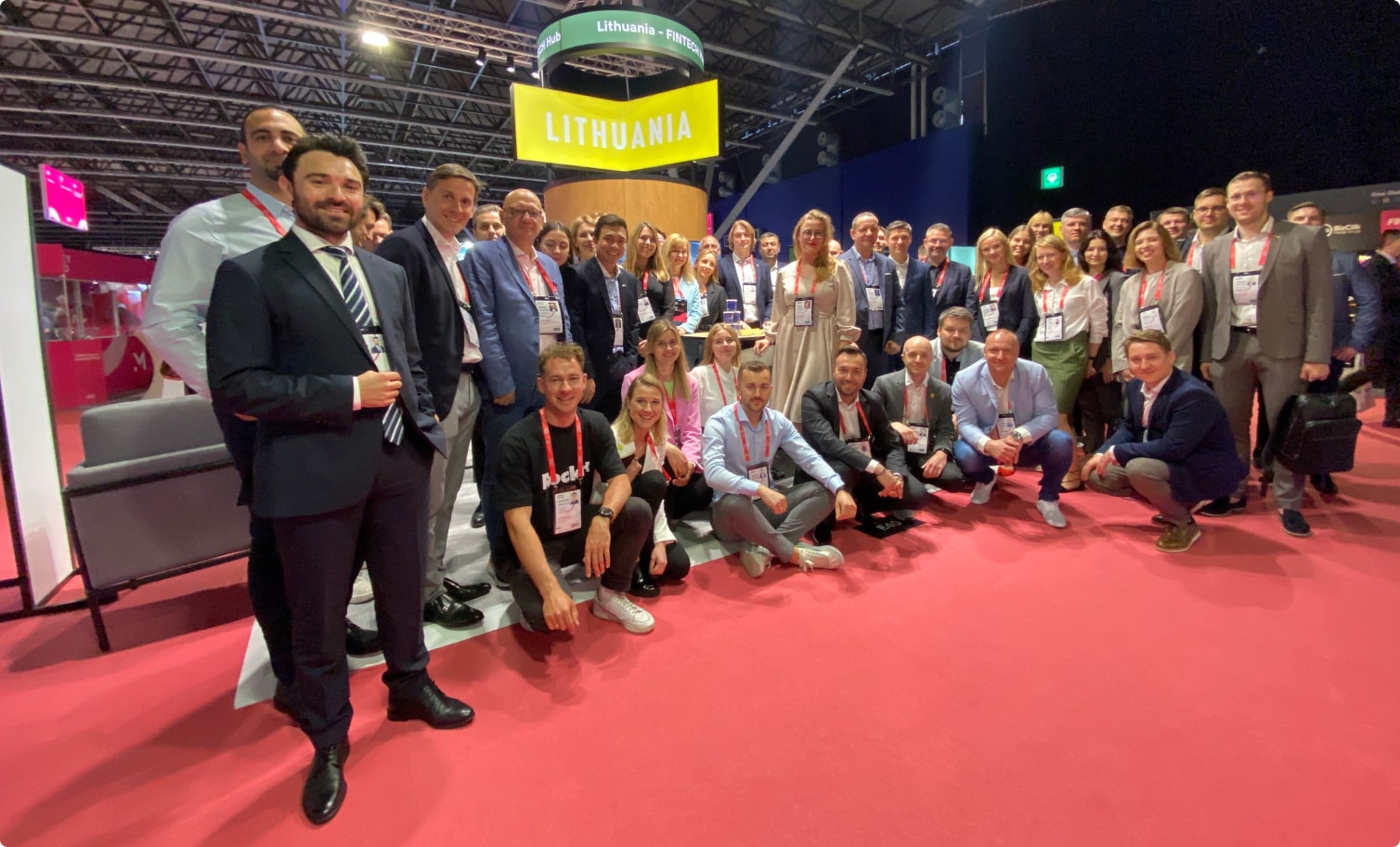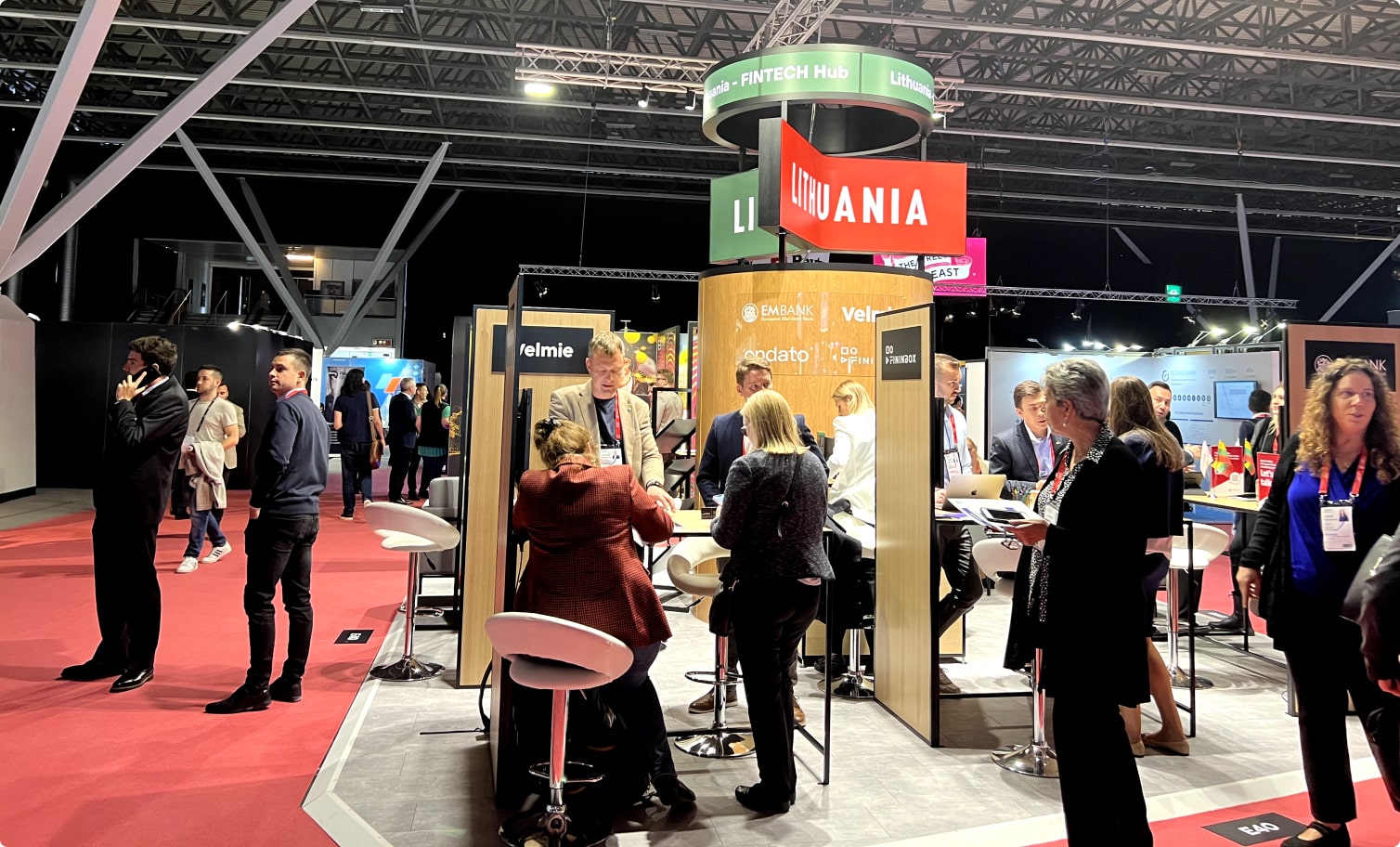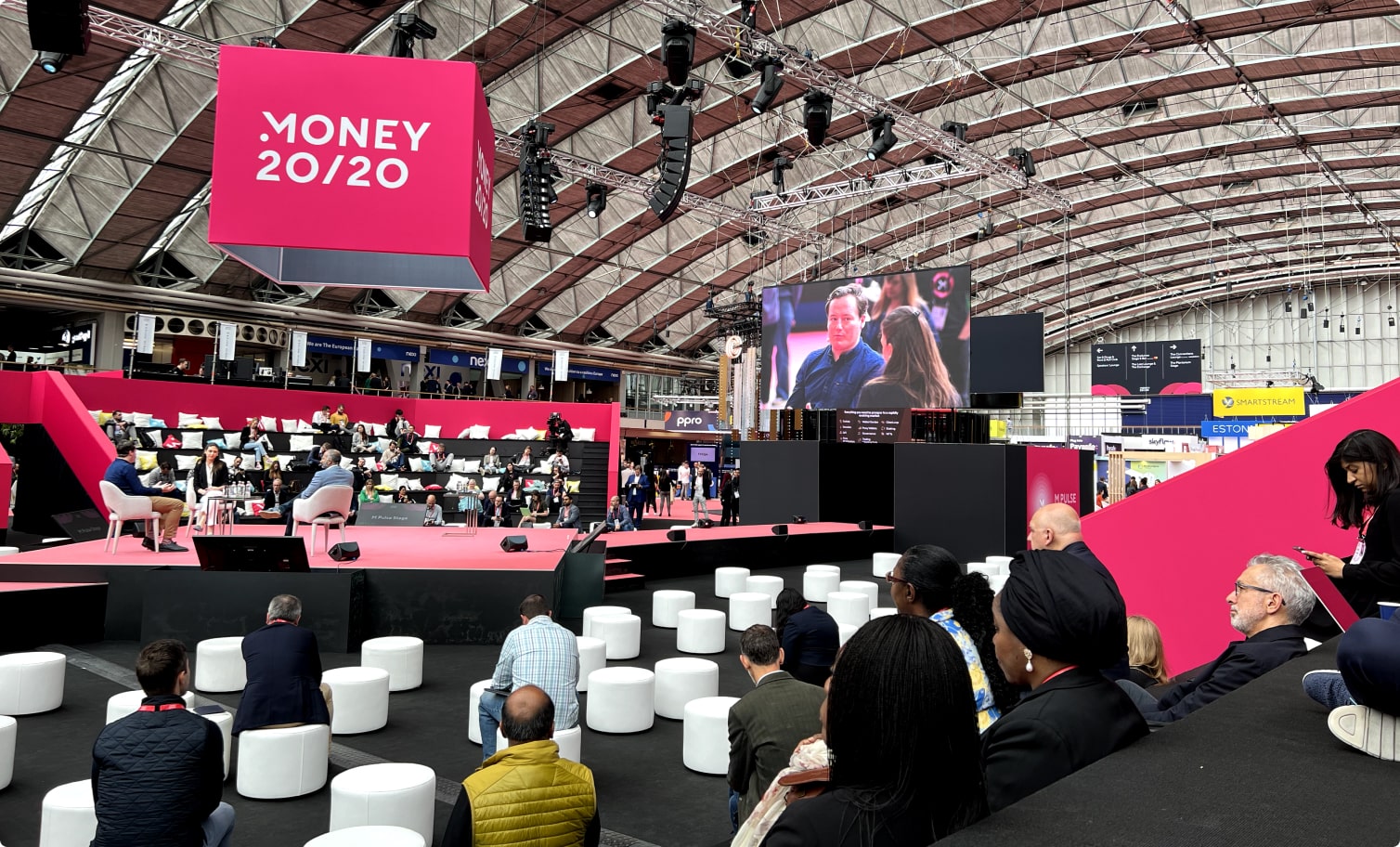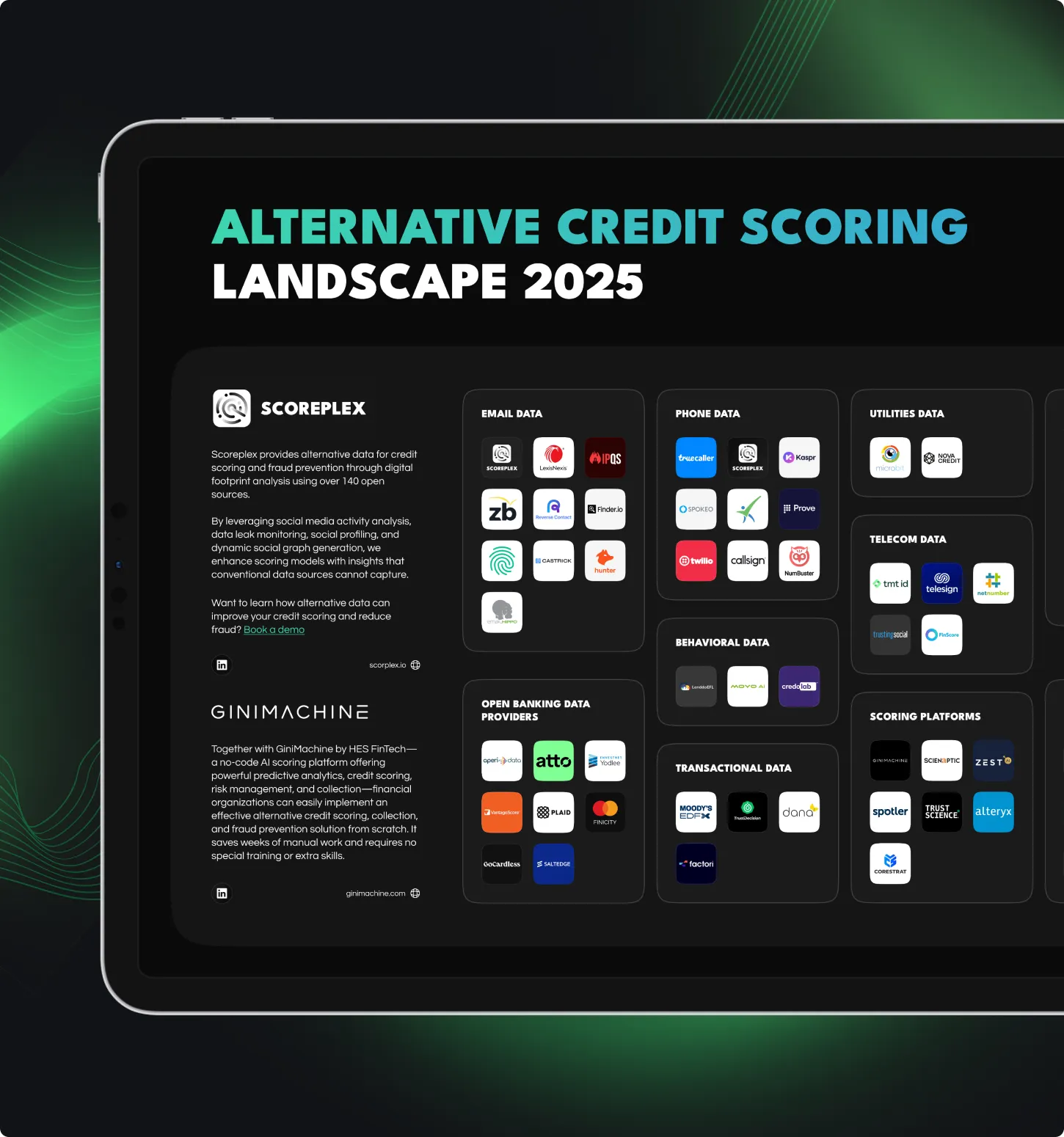Held in Europe and the USA since 2012, Money 20/20 world-renowned fintech conference is a premier show gathering C-level executives, industry thought leaders, innovators, and disruptive entrepreneurs to drive change in the future of finance.
Ivan Kovalenko, HES FinTech’s CEO and Co-Founder, visited the even and shared his first impression after the three days of Money 20/20 are over:
"I’m excited to be one of 6k+ delegates from thousands of companies and happy to meet our business partners from banks and fintechs. The biggest challenge I faced at this event was choosing from almost 400 speakers and visiting only the most outstanding presentations. The thought leaders provided dozens of fresh ideas, openly shared their challenges, started resonating topics and discussed the future of financial technology".
Money 20/20 Conference
7-9 June, Amsterdam
This text is supposed to be a sneak peek into the event, bringing speakers' opinions, industry expectations, and trends mentioned by the keynote Money 20/20 speakers in Amsterdam.
Open Banking
Daniel Kjellén (CEO and co-founder Tink) argued that the idea of open banking is in the past: “It's just that nobody cares about open banking. If you ask the consumer they will say ‘I have no clue, it was just very convenient to switch accounts.” Charlotte Hogg, CEO of Europe Visa, shared her point of view saying that due to open banking people “feel more in control of their data”.
Some speakers said they anticipated being further along with Open Banking by 2022. However, a lot of growth can be noticed in the last year.
John Collison, co-founder and president of Stripe, discussed how Stripe partners with other fintechs in order to make the authentication experience smoother. In this regard he shared that Open banking has raised product innovation and advised to push that across more banks and more parts of the financial ecosystem.
PSD3
Hakan Eroglu, global open banking and open data lead, D&S, at Mastercard shared his detailed vision of PSD3 coming up next to replace PSD2. He got support from Nilixa Devlukia, founder and CEO at Payments Solved, who said that PSD2 has really set the groundwork for PSD3, but there are a lot of challenges to be addressed.
Duncan Barrigan, chief product and growth officer at GoCardless, added the consumer perspective by saying that PSD2 can be compared to “a steam train: it takes time to gain momentum, but I guess we are now reaching a tipping point”.
A very important question raised at Money 20/20 is whether open banking, open finance, and open data should have their own regulations or they can be included in PSD3. The key concerns included standardization pushed over quality and losing the European leading positions in the fintech growth.
Cryptocurrency
As for the future of cryptocurrency, Charlotte Hogg, CEO of Europe Visa, commented that consumers have a natural impulse to participate in this new asset class to build up wealth. The question is, she said, how Visa as a payment mechanism and enable that in a robust way.
When the audience asked Anne Boden, CEO of Starling digital bank, about the Starling’s plans to move into cryptocurrency, she answered “maybe but not yet”. Boden is convinced that today crypto is associated with certain risks, but she expressed her hope that it may change for the better in a couple of years. “But at the moment, my principal concern with crypto is that we have to protect our customers”, - she said.
Digital Banking
Anne Boden, CEO of Starling, shared that they are coming up to the first financial year of profitability, revealed the plans to enter the Irish market, and invited stakeholders to monitor events in the listed markets. “If you look at the public market, there is a huge difference between the fintechs that are profitable and those that are not”, - she said.
She explained: “On a potential Starling IPO, Boden stated that it would likely be next year or early 2024.
Valentin Stalf, co-founder and CEO of N26, also shared his vision on the possible future of neobanks and how the future may look like for N26. One of the success drivers he mentioned was the role of female leaders in the fintech space. Stalf admitted that N26 has no female leaders for now, because it’s harder to bring female talent in tech. However, the team is working on this issue.
Mutually Beneficial Partnerships
A lot of powerful partnerships were announced at the Money 20/20 this year. For example, Deutsche Bank and Google Cloud shared their 18-month experience together. Dr. Daniel Holz VP EMEA North at Google Germany mentioned that “it's a nice contrast where you not only have technology versus business, but also the culture of the bricks and mortar business coming together with a culture of Silicon Valley.”
Bernd Leukert, member of the management board at Deutsche Bank, added: “We want to provide an ecosystem where every fintech company is welcome to join us with the benefit of having a more comprehensive offer for our customers.”
HES FinTech is following the same goal: we already have signed technical partnerships with PandaDoc, Nordigen, VoPay, Twilio to boost the value and improve the user experience with HES LoanBox - the ready-made digital lending platform. We invite business in the fintech area to contact our partnership development team to learn more about the terms for partners and integrators.
The Money 20/20 event was a great opportunity to meet fintech industry leaders, (finally) enjoy real communication with the colleagues in the post-pandemic environment, search for business opportunities and new partnerships.







